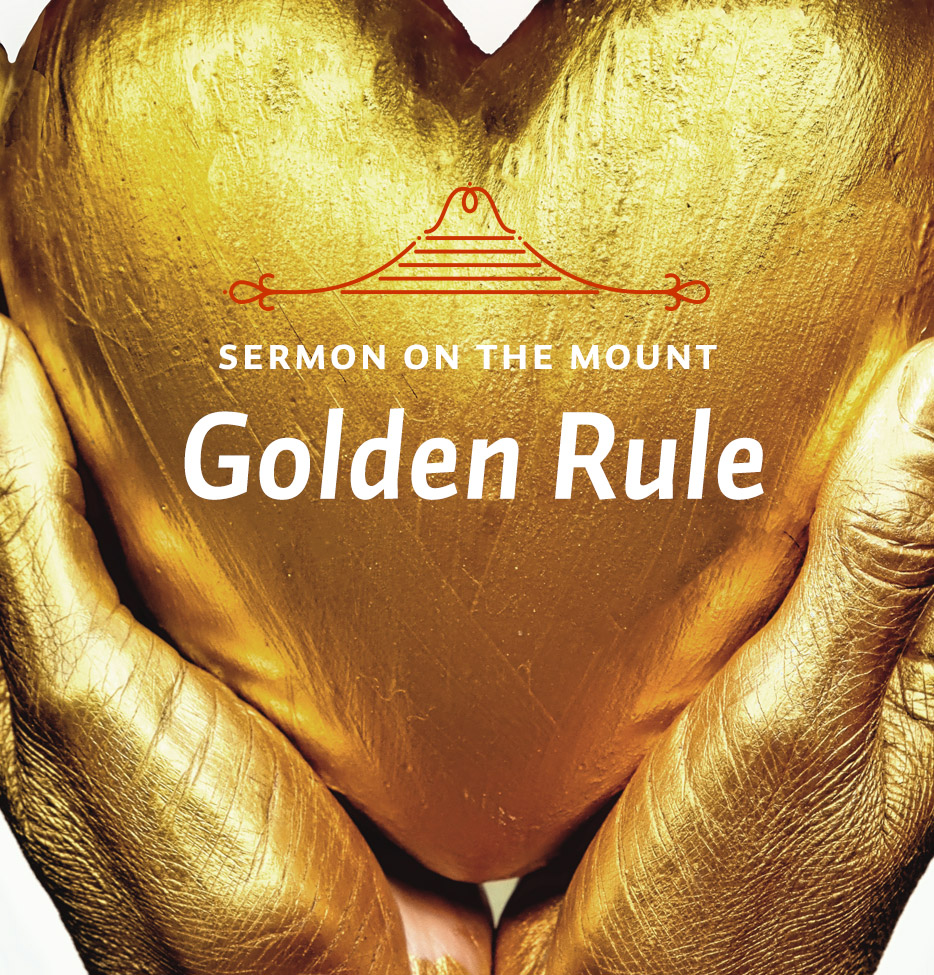Now it is clear above all else that to express the Rule in a positive form is to make it extremely more difficult. In fact, it makes it impossible for normal human beings to keep.
It has always been possible for men to keep the negative side of this saying. In its negative form the Rule is a legal principle, and the law always has self as center. Thus, it is possible for a man to discipline himself so that he does not hurt others, primarily because he does not want them to hurt him. He can stop at stop signs, pay his bills, obey the law, and many other things. To give a timely example, a man can avoid overt acts of prejudice because he does not want to alienate another person and possibly so thereby suffer retaliation from him. He wants to keep peace, but he wants to do so primarily so that he will be able to keep on with the work of satisfying his own selfish needs and desires. Actually, as C. S. Lewis notes in Mere Christianity, he is much like the honest man paying his taxes. He pays them all right, but he hopes that there will be enough left over for him to live on. And this is true because he is actually taking his old, natural self as the starting point.
On the other hand, if a man is trying to keep the positive form of this saying, it becomes evident early that this is precisely what he cannot do. And he cannot do it precisely because he is taking himself as the starting point. The law tells us what we must not do. The saying of the Lord Jesus Christ tells us what we ought to do. But a man can do what Jesus says only if his mind is entirely off himself and fixed at all moments on the needs, cares, loves, joys, hopes, and dreams of other people. In this expression, Jesus is therefore actually outlining the true nature of morality. He is asking us to see that the way to heaven is either by supplying an inward perfection equal to God’s own love, grace and holiness, which no one can do, or else by turning from the demands of the law entirely in order to receive a new life from God which alone is capable of doing the things that God requires.
At this point, then, we have actually reached the first great statement of the solution to the problem of human morality. But before we pursue it, it is necessary to see that the major effect that the Golden Rule was intended to have on human goodness was to condemn it. It wipes it out. By this standard, all natural human goodness is condemned, and being weighed in the balances, is found wanting.
Perhaps we can see this most clearly if we substitute a very good British expression for the word “rule.” The rule as we have it in the phrase “the Golden Rule, “is a ruler, a twelve-inch measuring stick. But in England a ruler is called a straightedge. If this expression is transferred over to the phrase “the Golden Rule” so that it becomes “the Golden Straightedge,” we could accurately say that Matthew 7:12 is God’s straightedge by which a man may know how crooked morally he really is.






